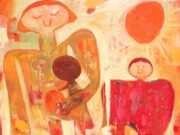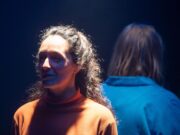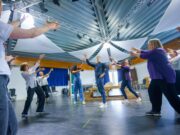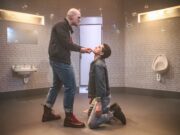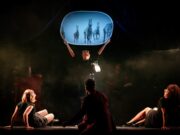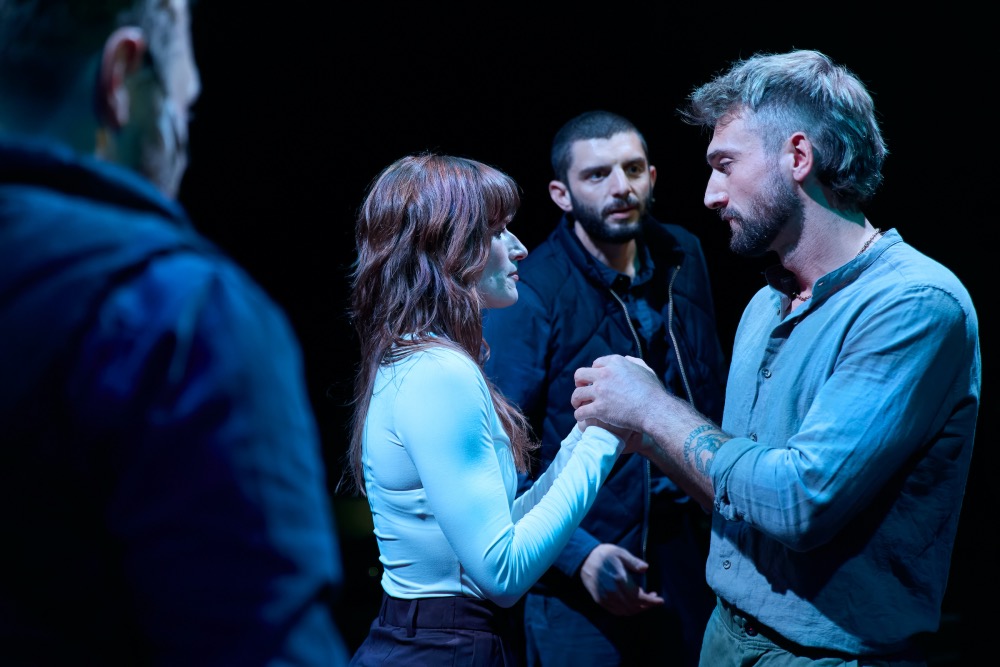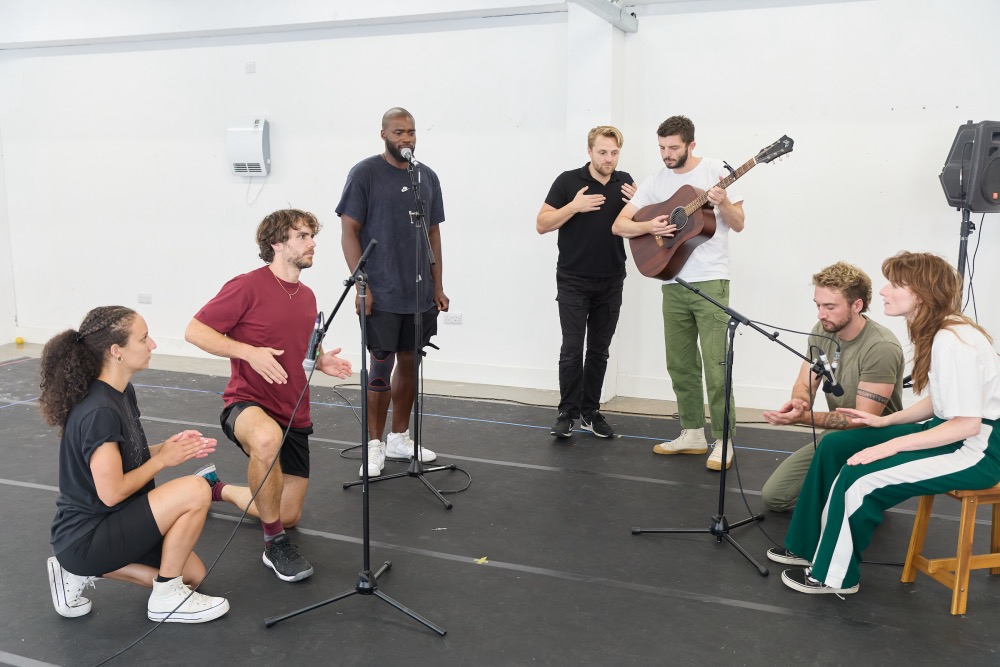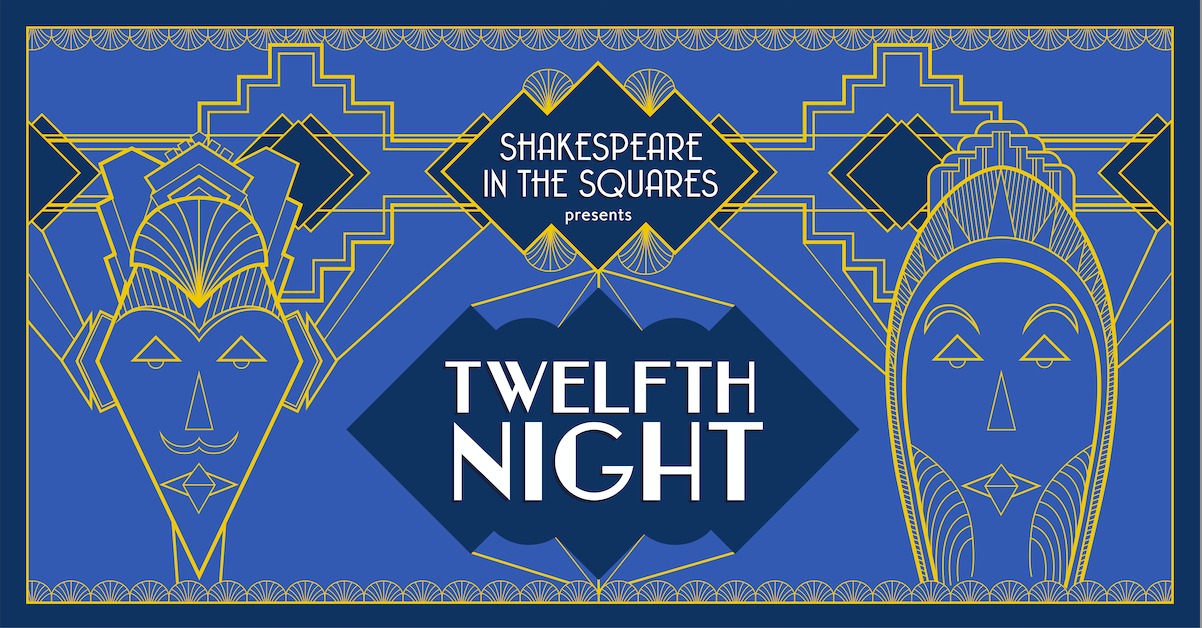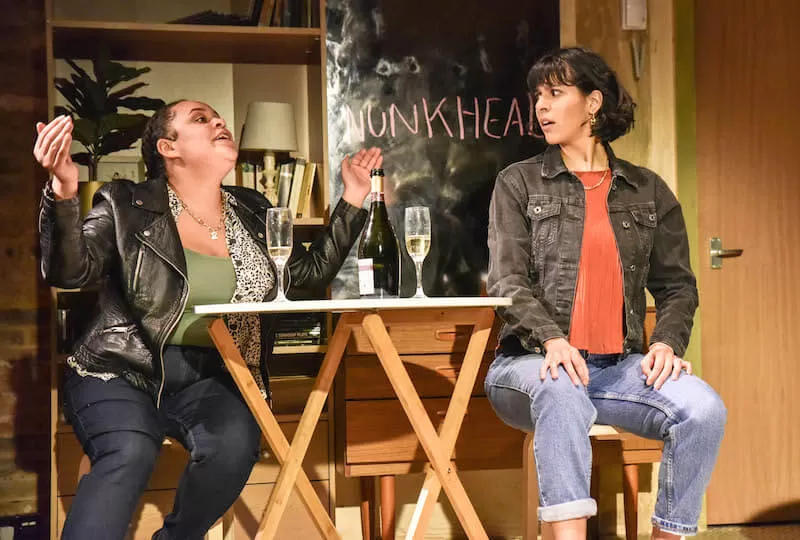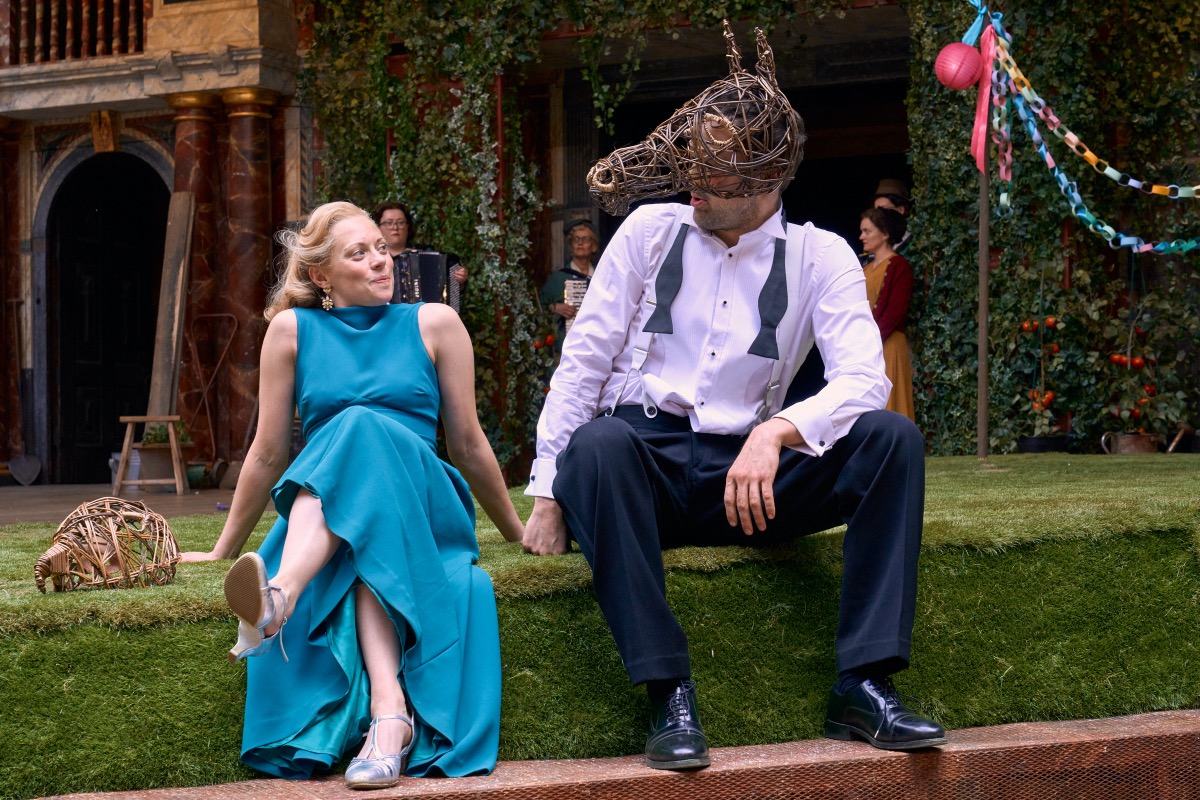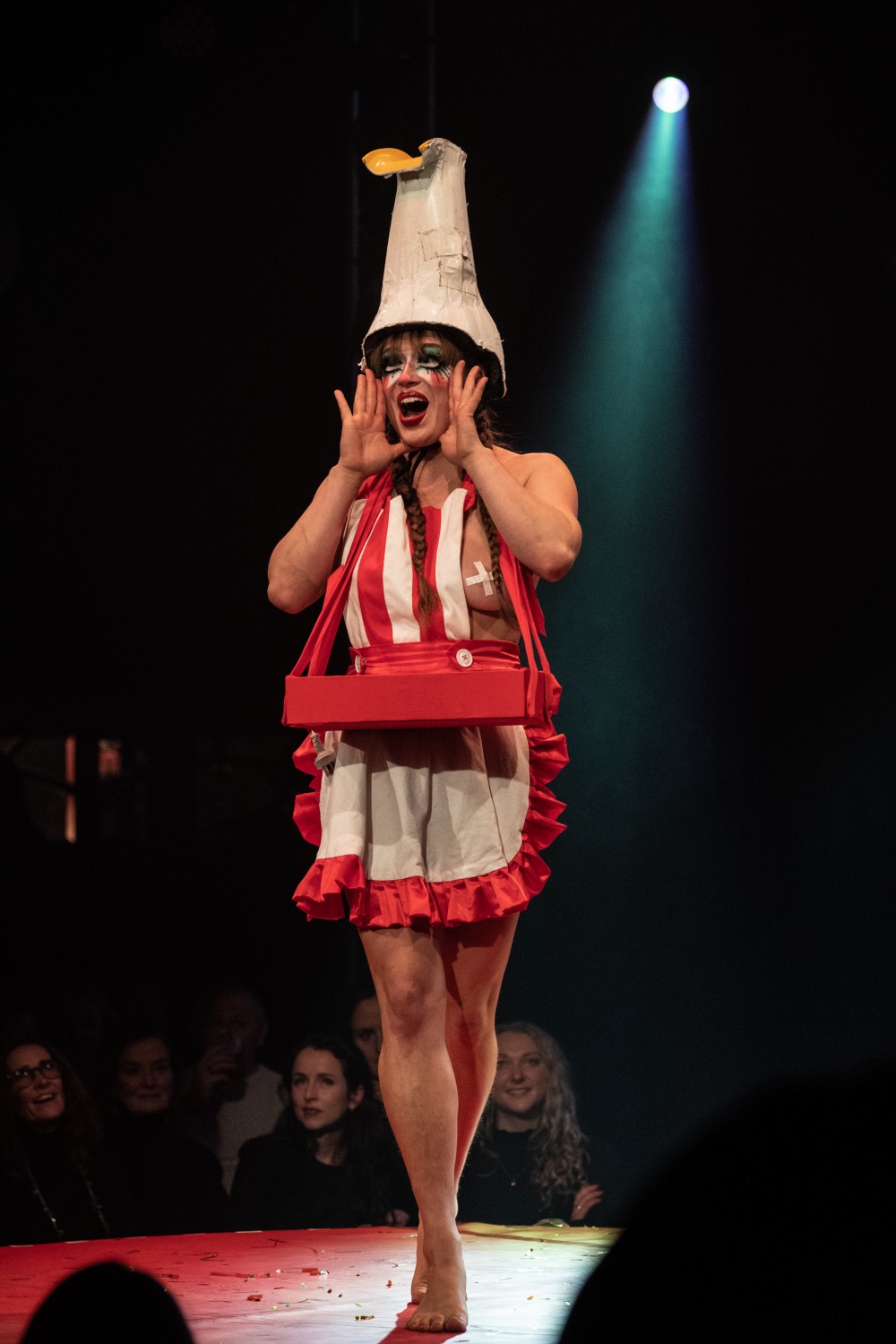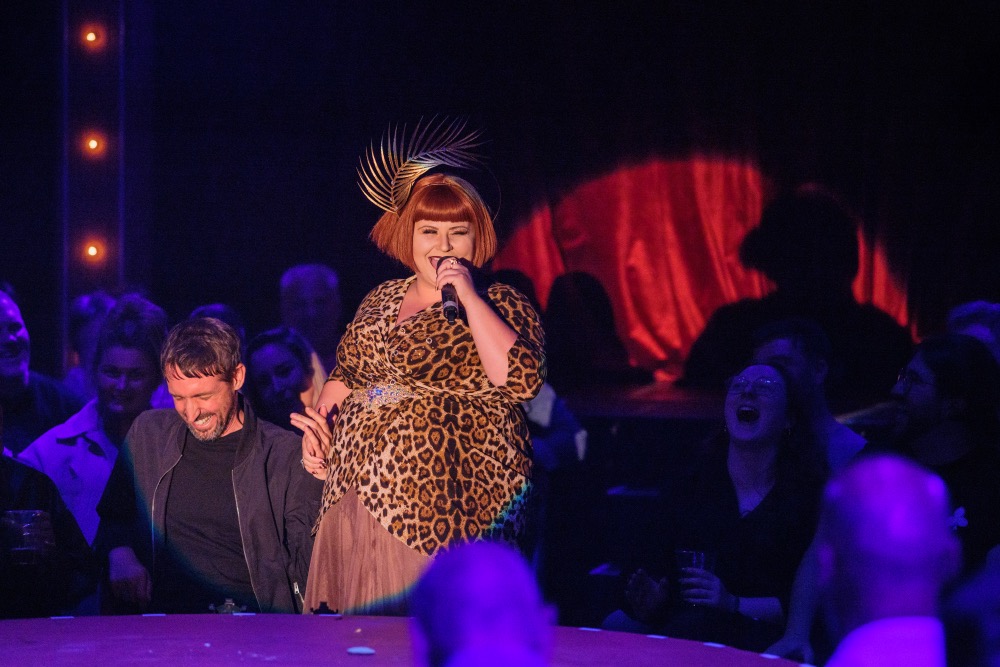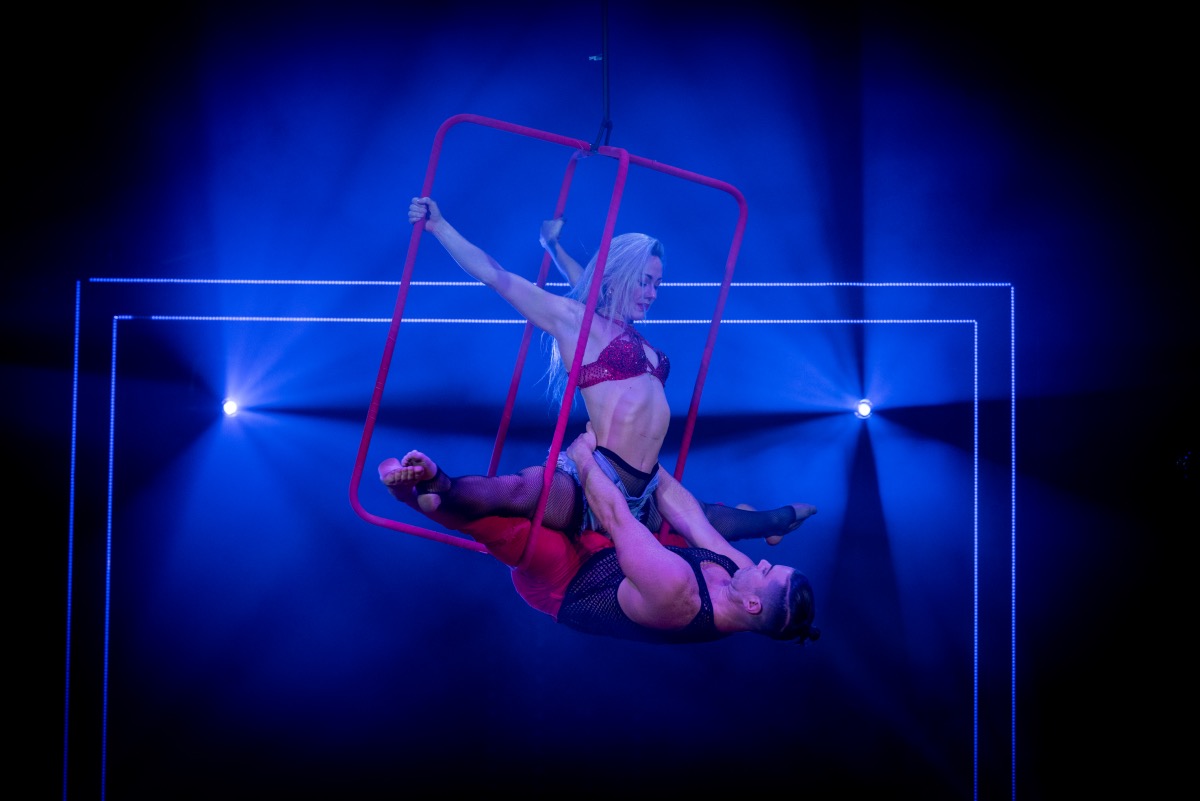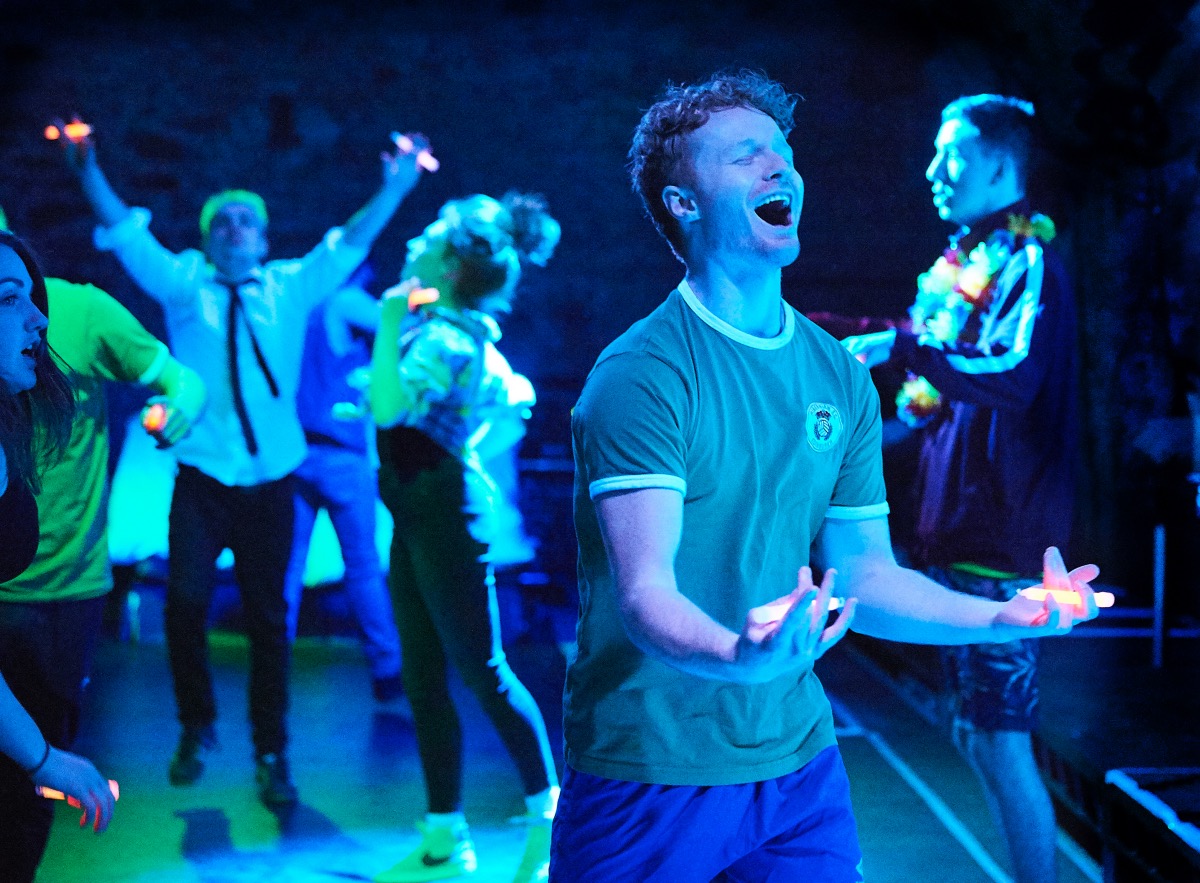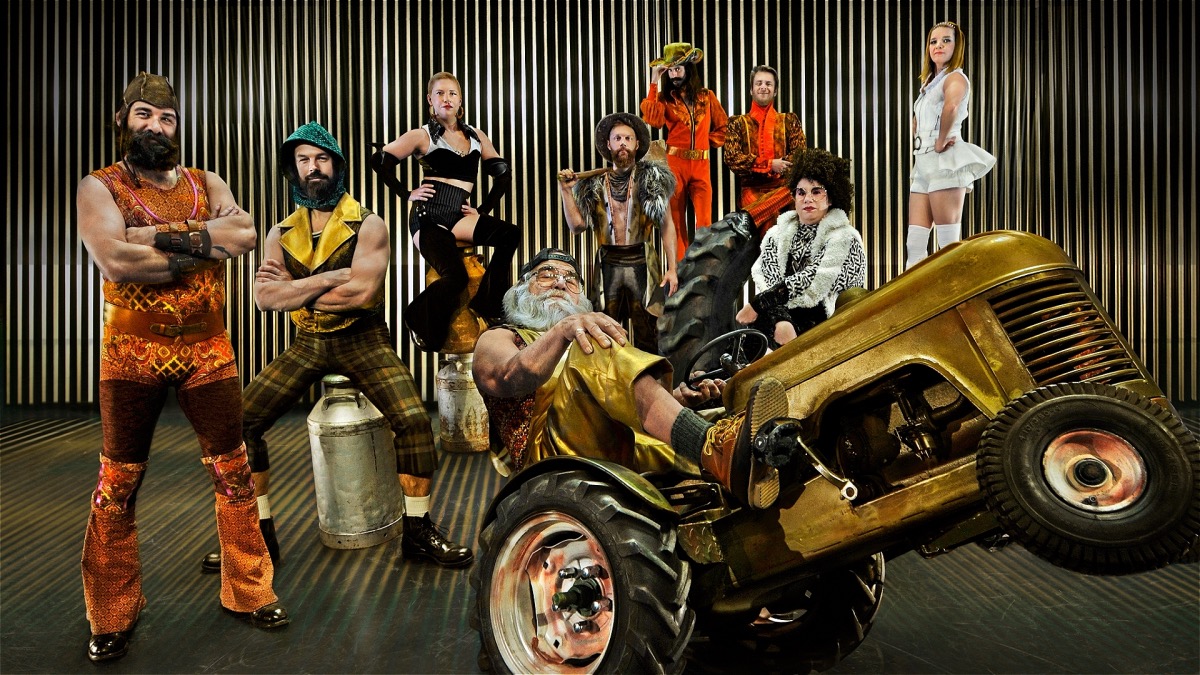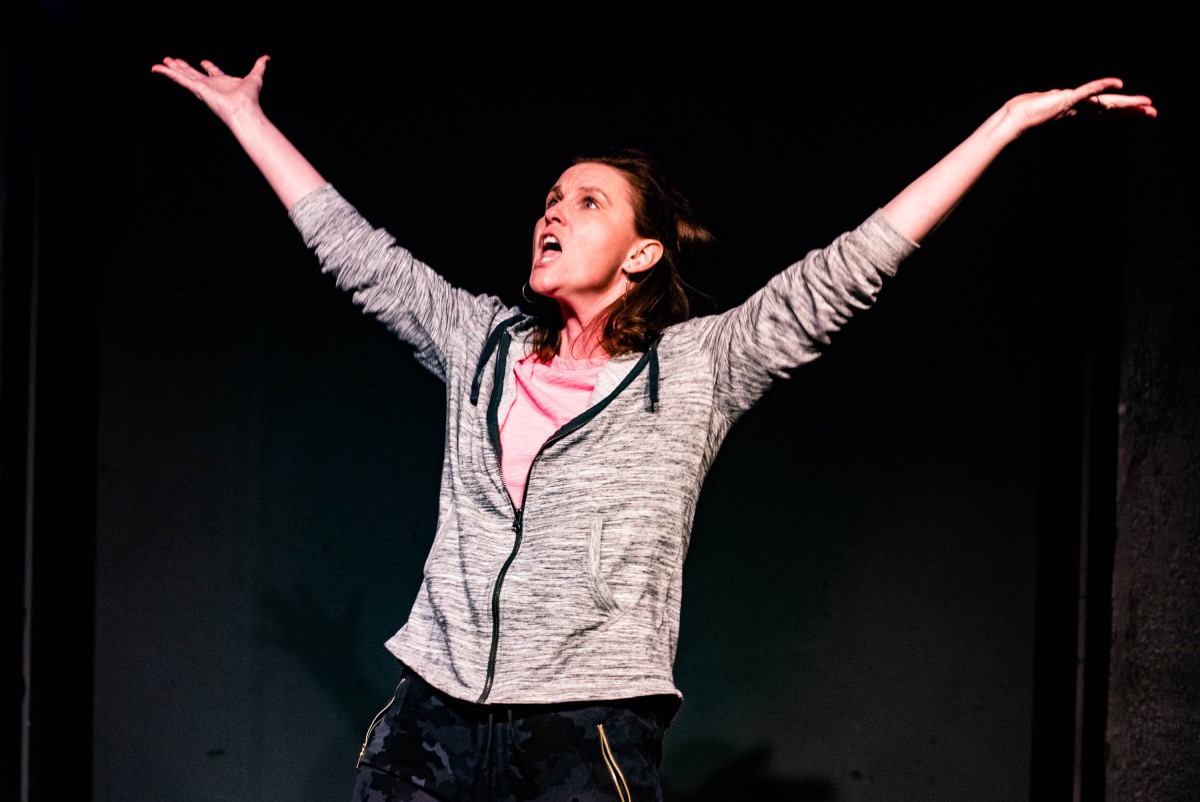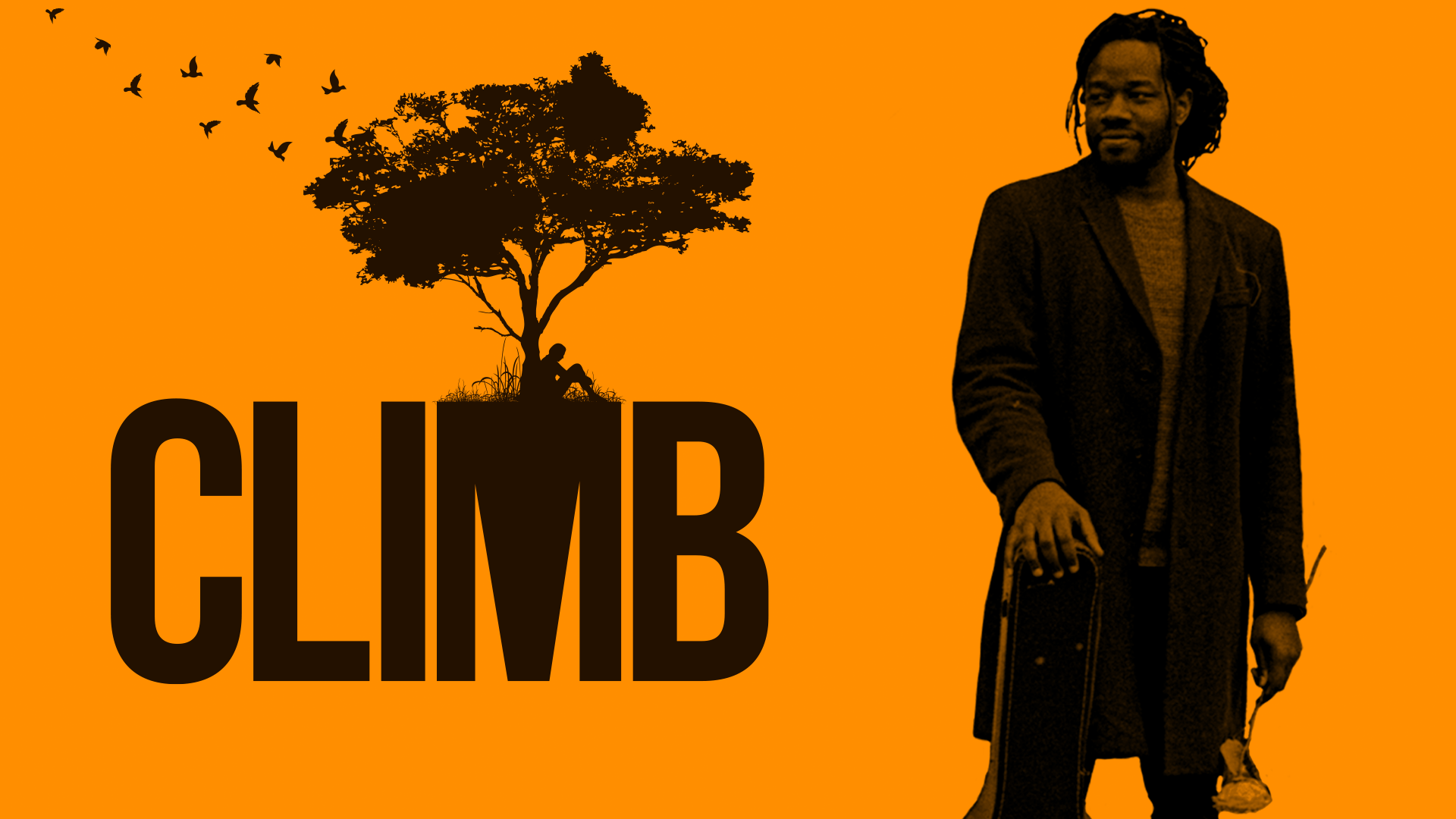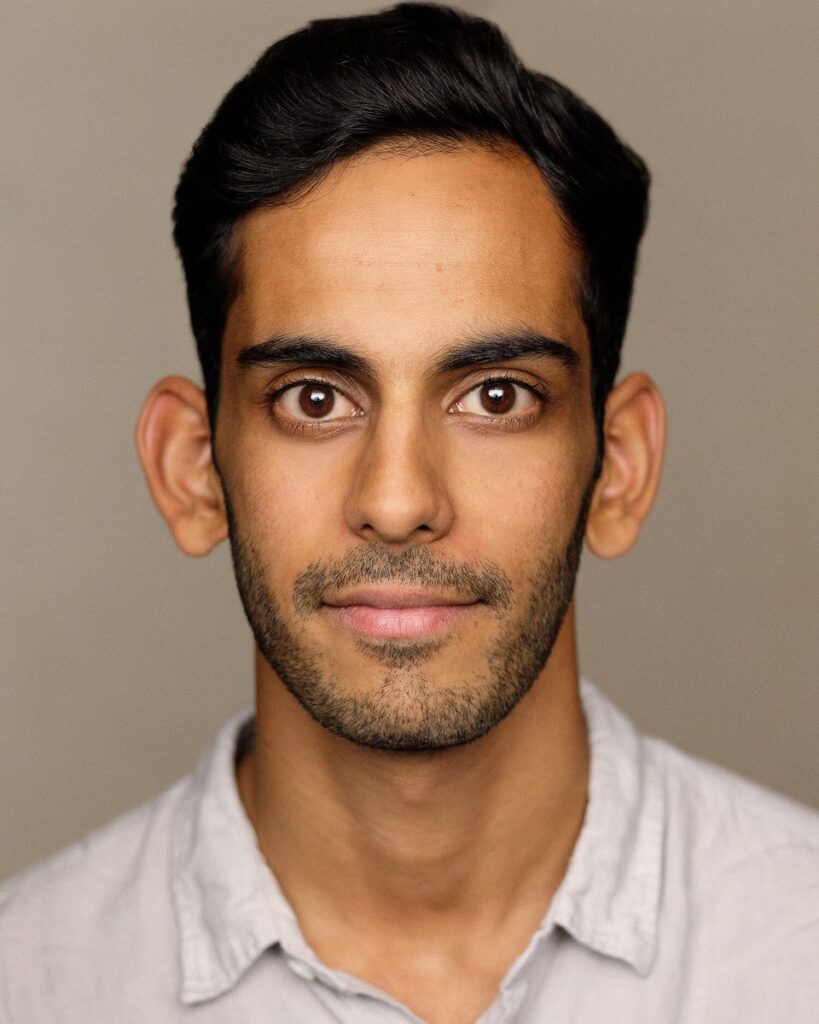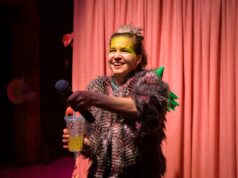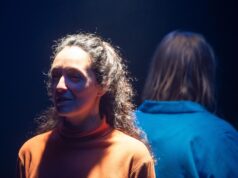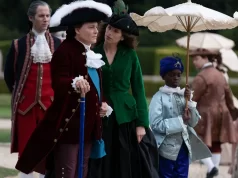Following the success of their online workshop programme launched during the first lockdown, theatre company, Squint, led by theatre director and Artistic Director of Squint Andrew Whyment, will run a further series of writing and devising workshops to equip and empower participants with tools and practice that can be applied to their own projects.
The programme initially launched in Spring 2020 during the first lockdown, with Squint hosting 25 workshops to hundreds of participants from across the UK and internationally from countries including Norway, Spain, Brazil and the USA.
Following this success, the latest series of workshops comprises three strands: Get Writing, Keep Writing and Get Devising, led by facilitators from a variety of disciplines including directing, acting and writing: Lee Anderson, Kane Husbands, Louise Roberts, Sid Sagar and Andrew Whyment. Participants can book for one-off sessions or for a series and there will also be 25 free places offered for those from low-income backgrounds.
Theatre company Squint‘s latest series of writing and devising online workshops which aim to provide participants at various levels of experience with tools and practice that can be applied to their own projects. Runs 3 Feb – 9 June.
We spoke with Squint about what the workshops involve.
This interview is with Squint Associates and Online Workshop Facilitators, Lee Anderson, Sid Sagar and Andrew Whyment.
What prompted you to create these workshops in the first lockdown?
AW: At the beginning of the first lockdown, we felt disconnected from our creative community. We were feeling creatively starved. So, we put our first Get Writing session online and discovered many others were feeling the same way.
LA: In pre-COVID times, we’ve run writing workshops with The Mono Box, devising projects at the National Theatre and many schools and university courses. We now had to adapt our education work to an online environment. We didn’t know if it would pan out but we found a real appetite out there for connection and creativity. The limitations have allowed us to connect and share our practice with more people than ever before.
What did you learn from the first round?
AW: So much of theatre making is about giving yourself restrictions; limitations breed creativity. We’ve learnt how to embrace the online space and make a merit of teaching whilst physically apart. We’re having fun with it.
SS: The online space offers up innovative ways of working and collaborating. We know that meeting new people and sharing our work can be intimidating, but the ability to engage with smaller groups in breakout rooms or simply turn off our cameras, has made online workshops strangely inclusive.
This is your second round of workshops. What can you tell us about them?
AW: They’re all about empowering participants with writing and devising tools that can be applied to their own projects.
LA: Each workshop focuses on a different aspect of playwriting or devising; you can book for one-off sessions or for a series.
SS: The sessions are geared towards giving people of any age and experience the space to find new ideas, nurture current ones and continue to thrive.
AW: We’re big believers in learning through doing so our two-hour sessions are super practical; they’re like creative workouts. We normally begin with funk music playing and end with participants having bagged loads of new games and exercises from the Squint toolbox.
LA: We have three types of workshop: Get Writing, Keep Writing and Get Devising.
AW: Our Get Writing and Get Devising workshops are for anyone whilst our Keep Writing workshops are for people who are already rolling with a playwriting project.
LA: We kick off in February with Get Writing: Action which is all about using character intentions as a starting point and making scenes active. Coming up we have sessions on areas including subtext, collaboration, dialogue and writing beyond your experience.
SS: So no matter what stage you’re at in your playwriting or theatre making journey, we want you to get involved.
What are the challenges for you in creating virtual workshops?
AW: Ensuring everyone feels connected and included in the session is more of a challenge online. When you’re facilitating in real life you can check in with people one on one and listen to the energies in the room; this is harder in a virtual space. You have to work overtime to make sure everyone is with you.
What are the benefits?
AW: What better setting is there for a writing class than the desk you’re writing your play at?
LA: Going online has also given us international reach. We’ve had participants from the likes of Oslo, San Francisco, Barcelona and Rio learning and growing together.
SS: It’s also nice to make a cup of tea in a workshop break without worrying about whether the rehearsal room mugs are clean.
What audience do you wish to target with these workshops?
SS: Safe, supportive and creative spaces – particularly in these challenging times – are vital. We don’t expect a massive commitment; each workshop is two hours and scheduled for the early evening, so people (in the UK) can join us after a busy day of work and/or care. We want these playful workshops to help people from any background to build on their existing work and to offer them new ideas to take away and explore.
AW: We’re particularly interested in empowering those who don’t think writing and devising is for them or those who usually can’t afford to attend workshops like this. Our bursary programme for participants from low-income backgrounds goes some way to ensuring that we reach more than just those who can afford £10/session. If the cost of our workshops is a barrier for you, drop us an email at mail@squinttheatre.com.
What should people hope to get out of these workshops?
LA: Our workshops are friendly, safe and practical. Maybe you have an idea for something and need help starting, or a finished script you need help re-drafting, or maybe you’re new to it all and just fancy giving it a go? Our workshops are designed to scratch all of these itches.
AW: We love having new people along to give a session a go; so why not book now at squinttheatre.com/book.
Participants can book for one-off sessions or for a series, running 3 February to 9 June 2021, with further dates to be announced. Squint in partnership with the Compass Collective, Open Door and the National Youth Theatre are also offering 25 participants from low-income backgrounds free places.



